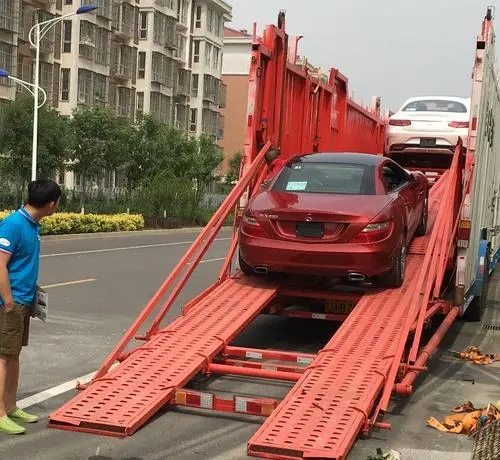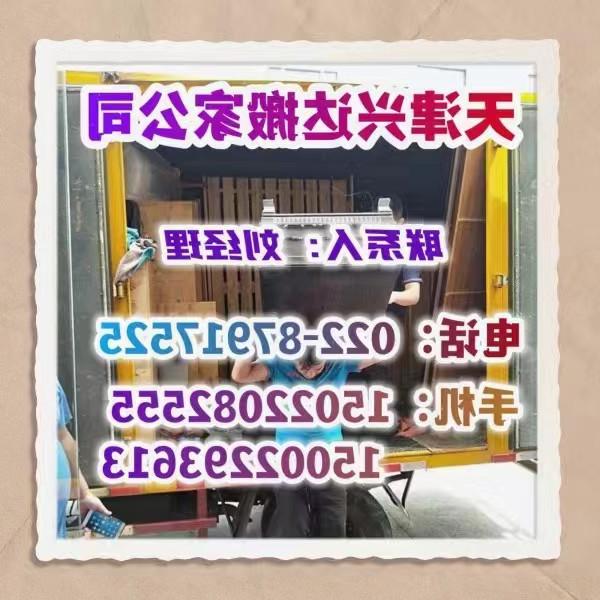Customs clearance in freight logistics refers to a series of laws, documents and procedures that need to be handled when the goods are transported from one country to another country。The handling process of these procedures needs to follow certain regulations and procedures to ensure the smooth clearance and delivery of goods。1. Prepare for necessity...

How to handle freight logistics declaration procedures
Customs clearance in freight logistics refers to a series of laws, documents and procedures that need to be handled when transporting goods from one country to another。The handling process of these procedures needs to follow certain regulations and procedures to ensure the smooth clearance and delivery of goods。
1. Prepare the necessary documents
Before handling freight logistics customs clearance procedures, you first need to prepare a series of necessary documents, including import and export contracts, commercial invoices, packing lists, bills of lading, certificates of origin, transportation insurance policies, etc。These documents are the basis of customs formalities and must be fully prepared and comply with the relevant regulations。
2. Find a customs agent
In order to better handle freight logistics customs clearance procedures, you can choose to find a professional customs brokerage company。Customs agents have a wealth of experience and expertise to help handle a variety of customs clearance matters and ensure that the procedures are legal, smooth and efficient。
3. File a declaration
When handling freight logistics declaration procedures, it is necessary to submit an application for customs declaration to the customs department。The application for customs declaration needs to fill in the relevant information, such as the name of the goods, quantity, value, origin, etc。At the same time, it is also necessary to provide relevant documents and certification materials for customs verification and review。
4. Pay duties and fees
Depending on the nature and value of the goods, certain duties and other charges may apply。These fees are calculated according to national laws and regulations and need to be paid on time so as not to affect the customs clearance and delivery of goods。
5. Audit and inspect goods
The goods will be audited and inspected by the customs department。They will check the quantity, quality, packaging and marking of the goods for compliance with relevant regulations。If problems or suspicions are found, additional supporting material may be requested or further investigation may be conducted。
6. Handle import license or other special procedures
Import licenses or other special procedures may be required for certain special commodities or goods from specific countries。These procedures need to comply with relevant laws and regulations, and need to be understood and prepared in advance。
7. Complete customs clearance
When all the formalities and requirements have been completed, the customs department will issue a declaration form and release the goods。At this point, the goods can continue with the subsequent process of transportation and delivery。







